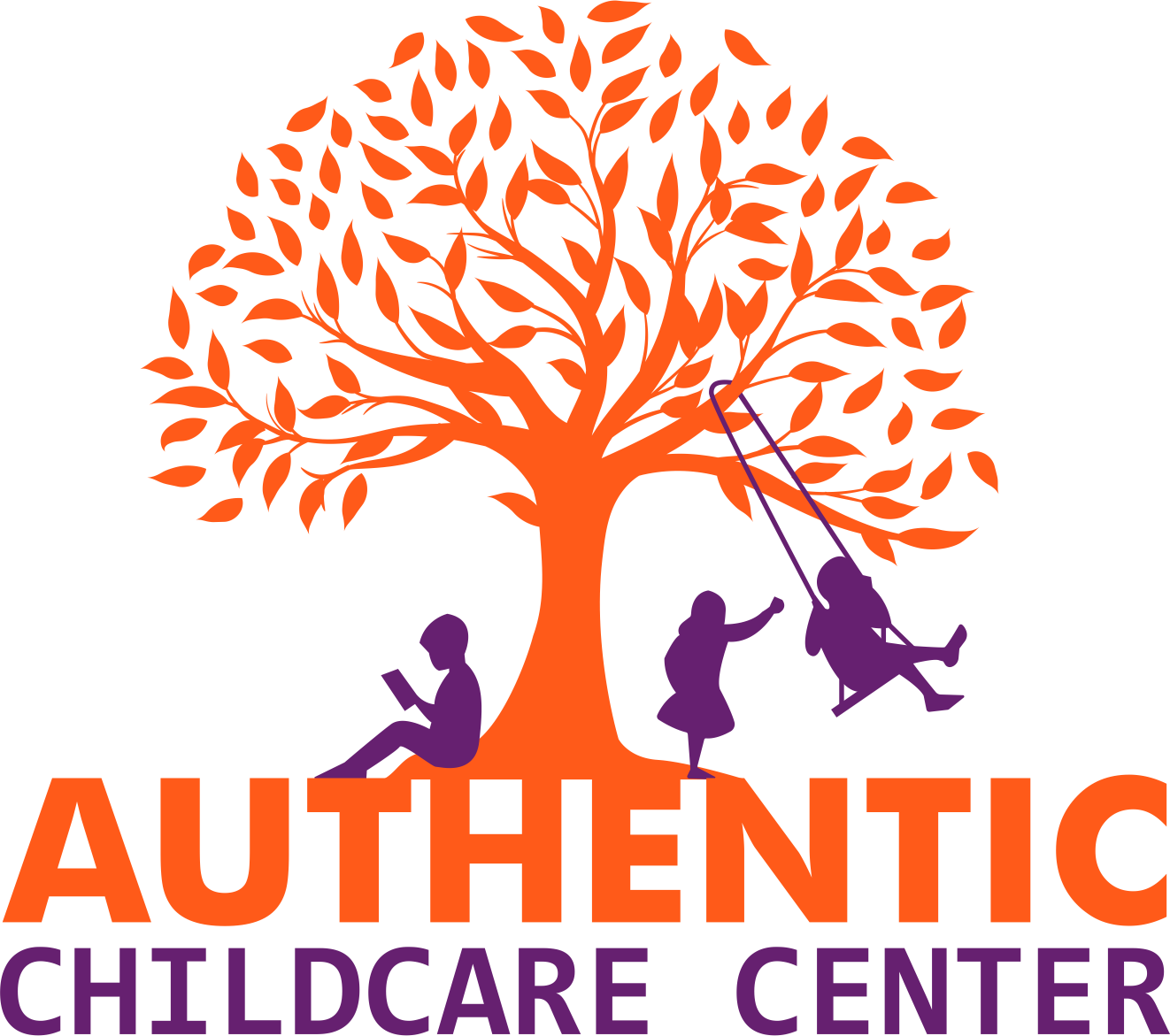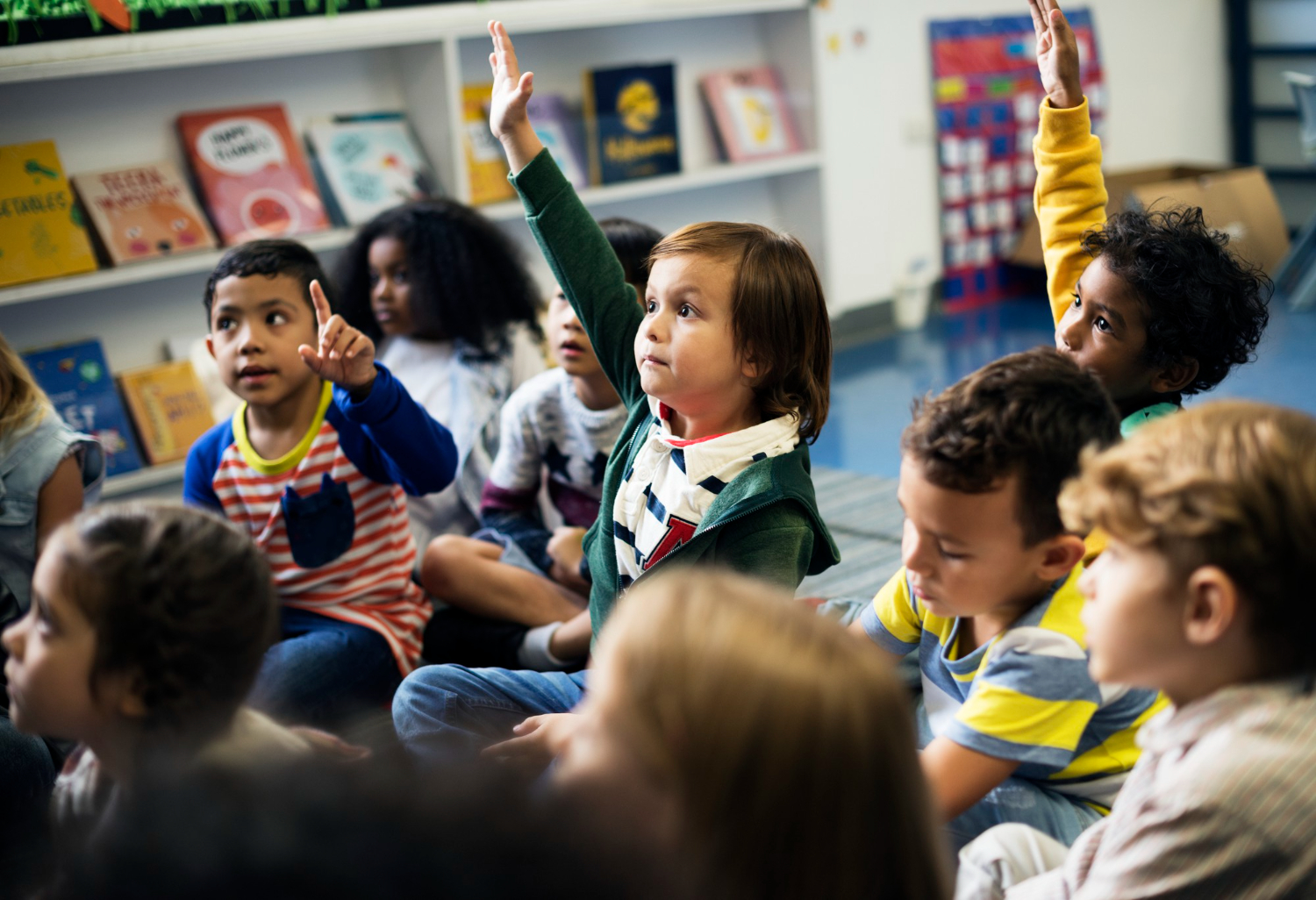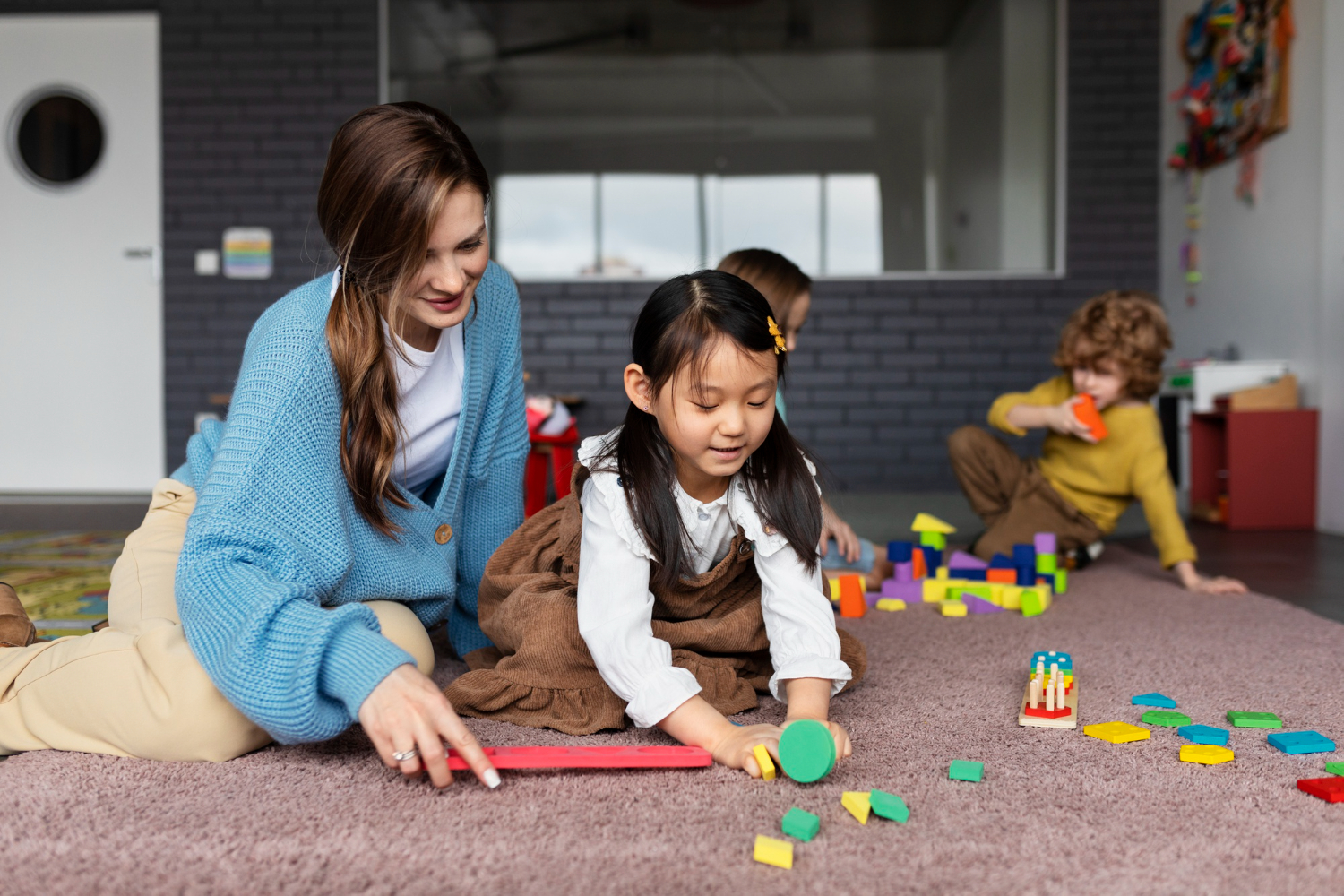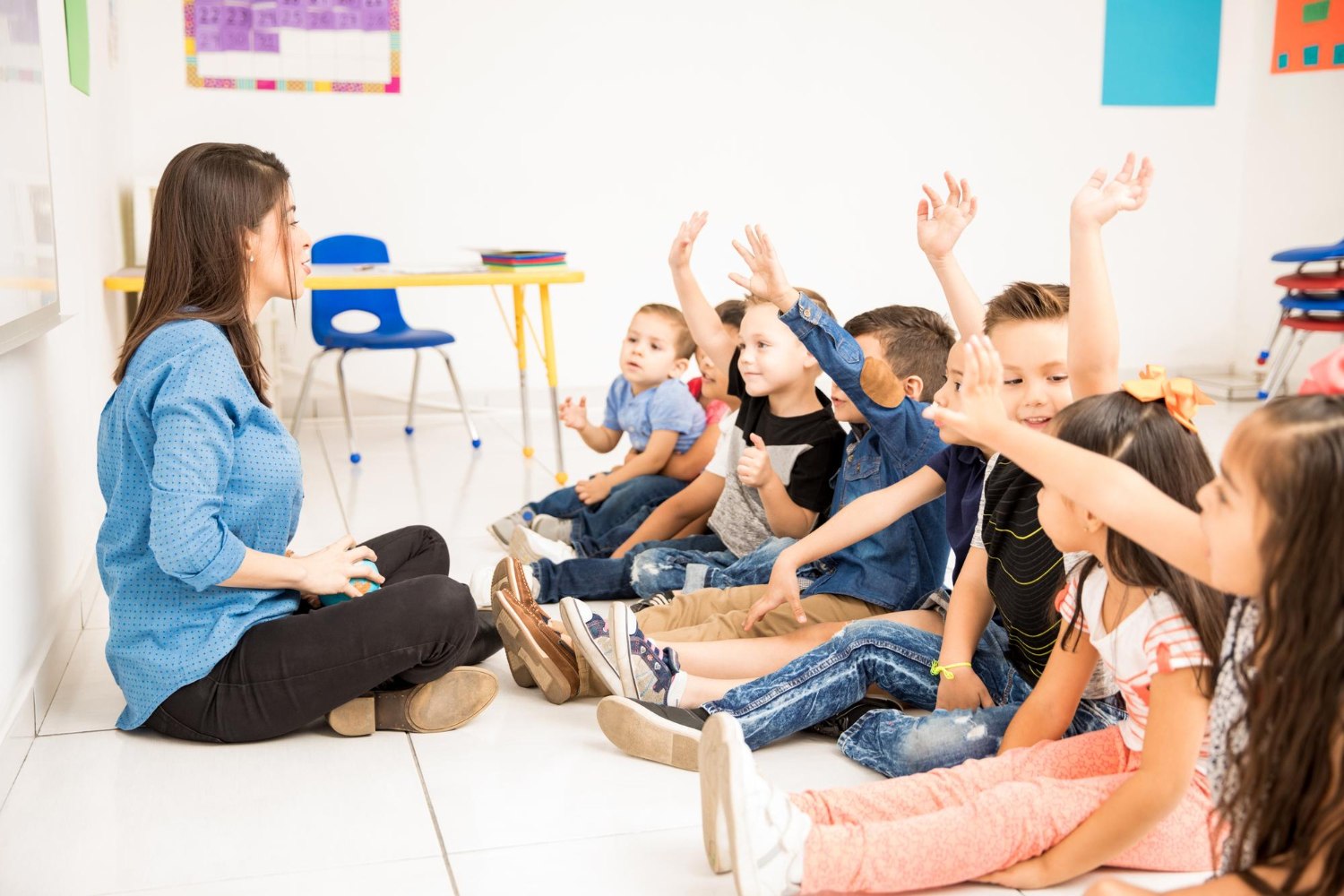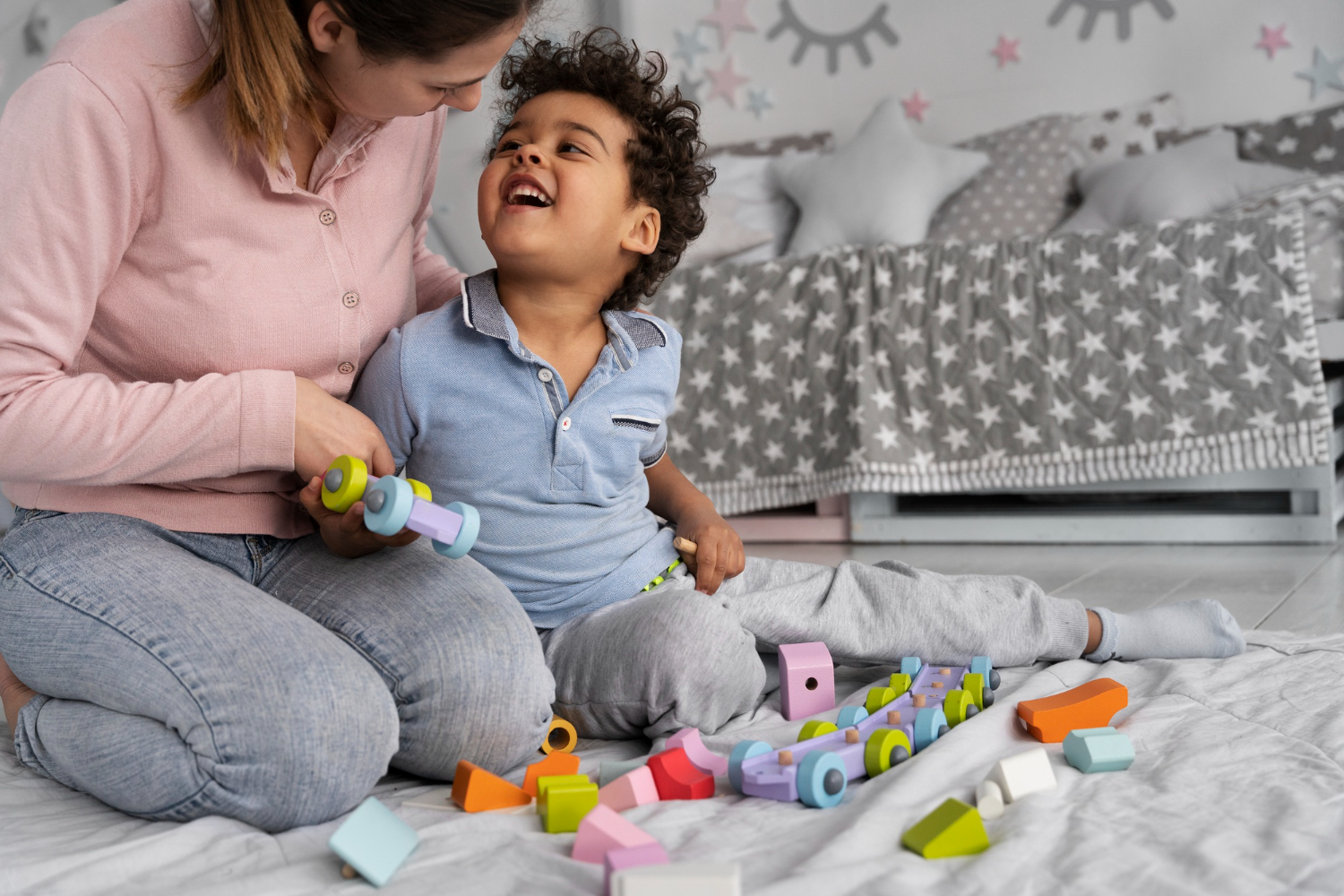

For preschoolers aged 3 and 4 years old, they tend to display more independence and have the cognitive abilities to consider the consequences of their actions. However, they still require guidance from Authentic Childcare Center educators to distinguish between appropriate and inappropriate behavior.
Physical Needs in Preschoolers
Meeting the physical needs of preschool children is vital. Canada’s Food Guide recommends scheduled meal and snack times with items from all four food groups. It is also essential to ensure they stay hydrated throughout the day.
Table Manners in Preschoolers
Teaching proper table manners to preschool children requires consistency in meal times and settings.
The Authentic Childcare Center team provides a range of valuable resources for dental care, including a comprehensive dental health book and engaging activities that promote health literacy. These resources also include exercises focusing on syllables and rhyming, specifically related to oral care. Additionally, the resources feature charts and health vocabulary, dental health readings, and various writing activities that can be incorporated throughout the classroom.
At Authentic Childcare Center, the safety of our preschoolers is our top priority, indoors and outdoors. Our environment is designed to minimize the risk of injuries while providing opportunities for children to be physically active.
We firmly believe that preschool children need ample freedom and space to engage in indoor and outdoor activities with constant supervision. Our equipment and facilities are designed to promote healthy living and develop children’s muscles and coordination. Our educators adhere to the highest standards of childcare licensing guidelines and policies.
Cognitive Needs in Preschoolers
During the preschool years, children experience significant growth in their thinking, reasoning, and reading abilities. They often ask intriguing questions, and it is essential for childcare providers to respond with patience and understanding. One effective approach is to engage in serve-and-return interactions, where educators respond to a child’s comments or questions with supportive and encouraging feedback. Communication is also crucial at this age, and educators can promote speech and language development by spending time talking with children each day. This includes initiating conversations, taking turns, and asking open-ended questions that encourage children to offer more than just one-word responses.
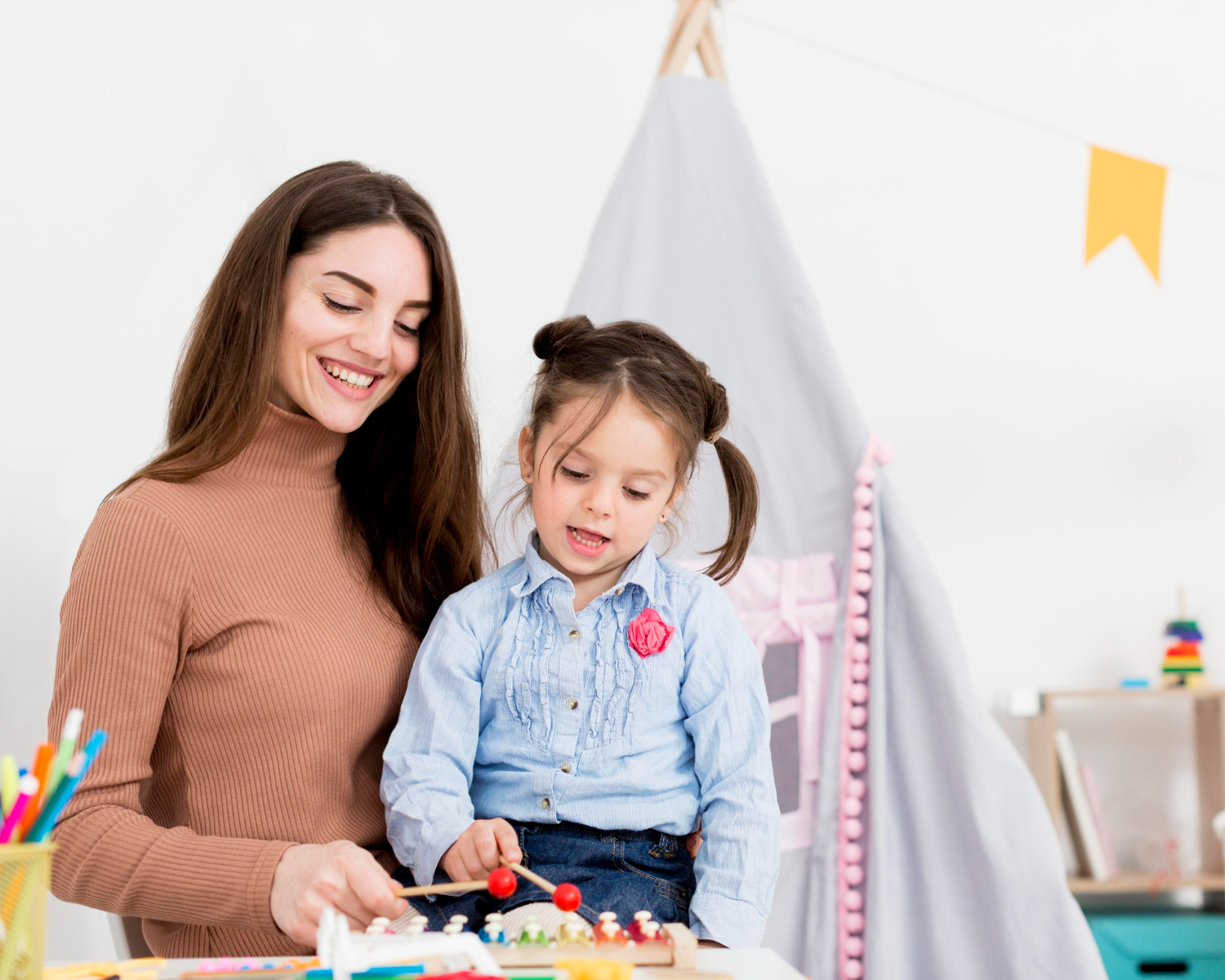

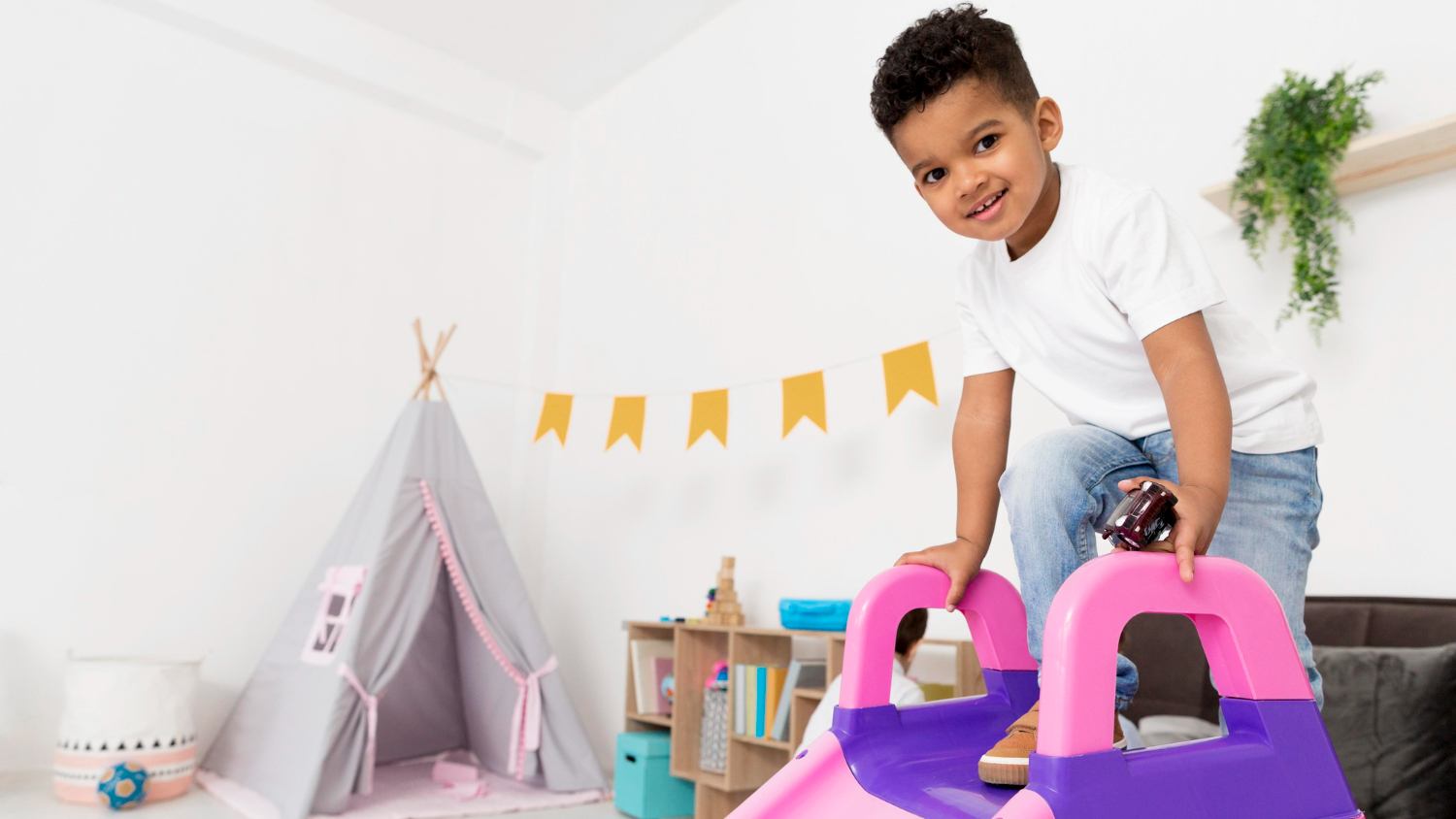

Early Reading and Writing in Preschoolers
At Authentic Childcare Center, educators prioritize boosting literacy skills by encouraging reading and writing. They offer engaging historical and children’s books and encourage visits to the public library. Additionally, Authentic Childcare Center educators discuss signs and printed words with children on a daily basis. They also create opportunities for children to draw and write, both indoors and outdoors. Finally, educators at Authentic Childcare Center read aloud with children to foster a love for reading.
Exploring to Learn
Free and unstructured play is the primary way preschoolers learn. They need ample opportunities to explore, take the lead, show imagination, and find various ways to play.
Exploring Through Moving and Physical Activities
In Canada, it is recommended that young children have at least 180 minutes or 3 hours of physical activity per day. By engaging in indoor and outdoor play activities, preschoolers can stay active, maintain a healthy weight, and improve their overall well-being.
Exploring with Object
As preschoolers explore different objects, their fine motor skills develop alongside their growing hands. To support this process, Authentic Childcare Center will provide materials like crayons or finger paint for coloring pictures and drawing simple shapes. Clay will also be available for making objects and practicing fine motor skills such as buttoning coats or pulling zippers up and down.
Exploring Through Pretend Play
At Authentic Childcare Center, our highly skilled educators promote attention to detail through pretend play. They actively participate in play by assuming various roles, singing, dancing, and performing short plays. Storytelling is also encouraged. It is truly captivating to observe groups of children coming together, deciding on their roles, and engaging in pretend play.
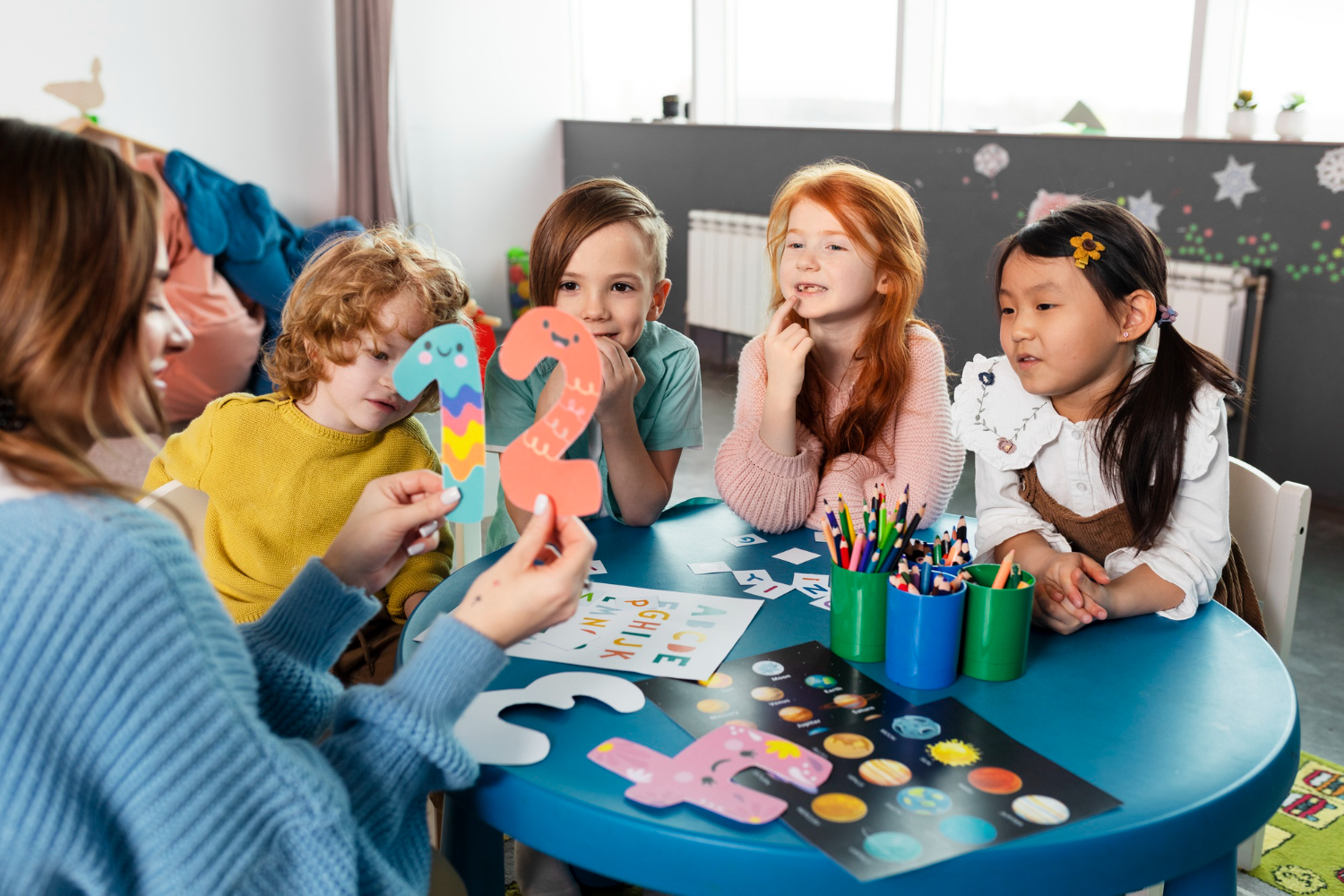

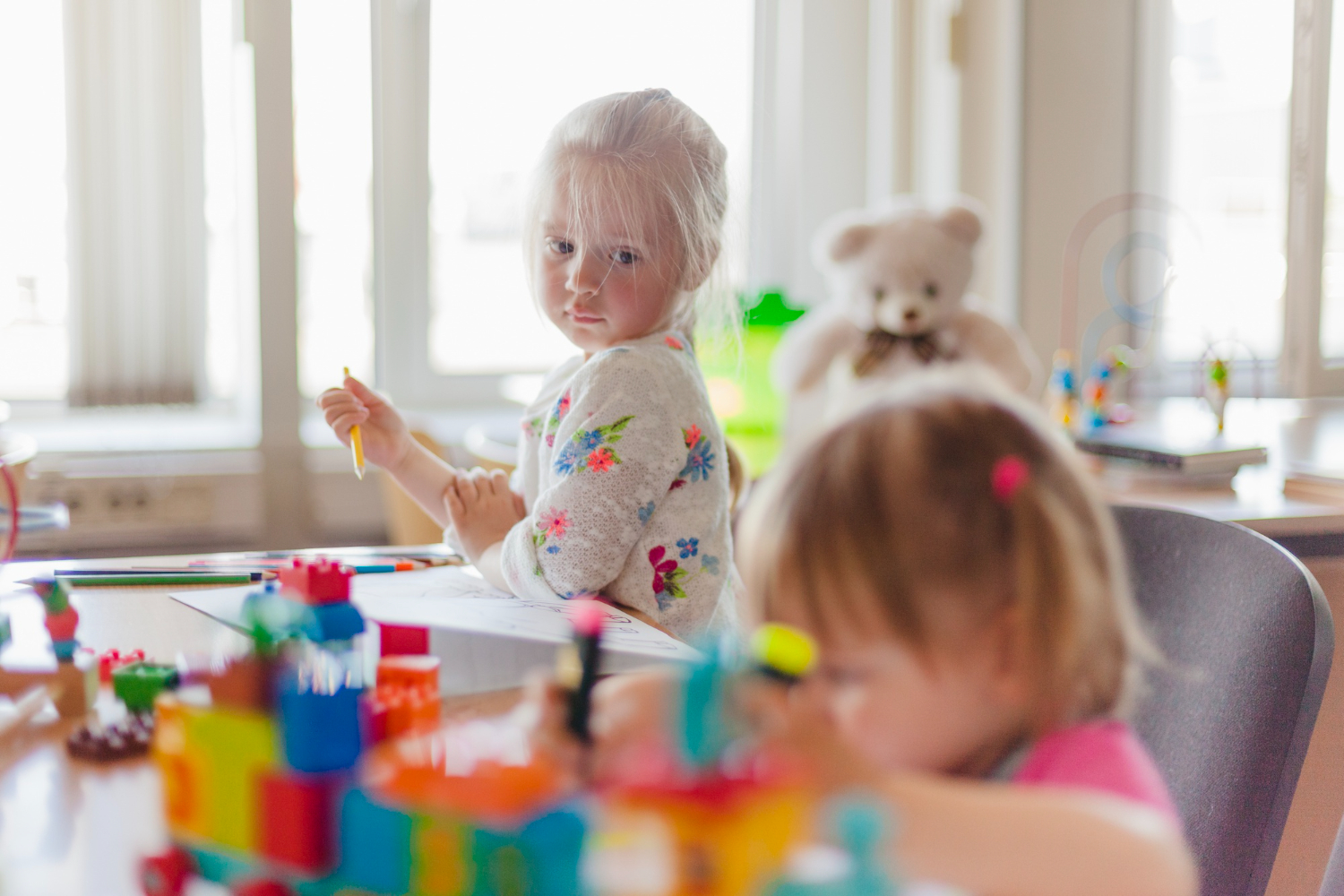

Emotional needs – Understating and expressing emotion
Preschoolers are in the process of identifying their emotions and learning coping mechanisms to manage frustration and achieve a sense of peace. They also develop skills that enable them to interact positively with others, focus on learning, solve problems, and regulate their emotions through cognitive processes. As an educator, it is crucial to model calm behavior for both students and yourself before addressing any issues. This approach fosters a more positive and productive learning environment.
Encouraging Cooperative Play in Preschoolers
At Authentic Childcare Center, our educators oversee recess playtime accommodating children of different ages. We guarantee sufficient play areas both inside and outside and provide proper equipment for the children to use. Moreover, we prioritize safety when engaging in rough-and-tumble play. Our Authentic Childcare Center educators also encourage preschoolers to participate in fun activities.
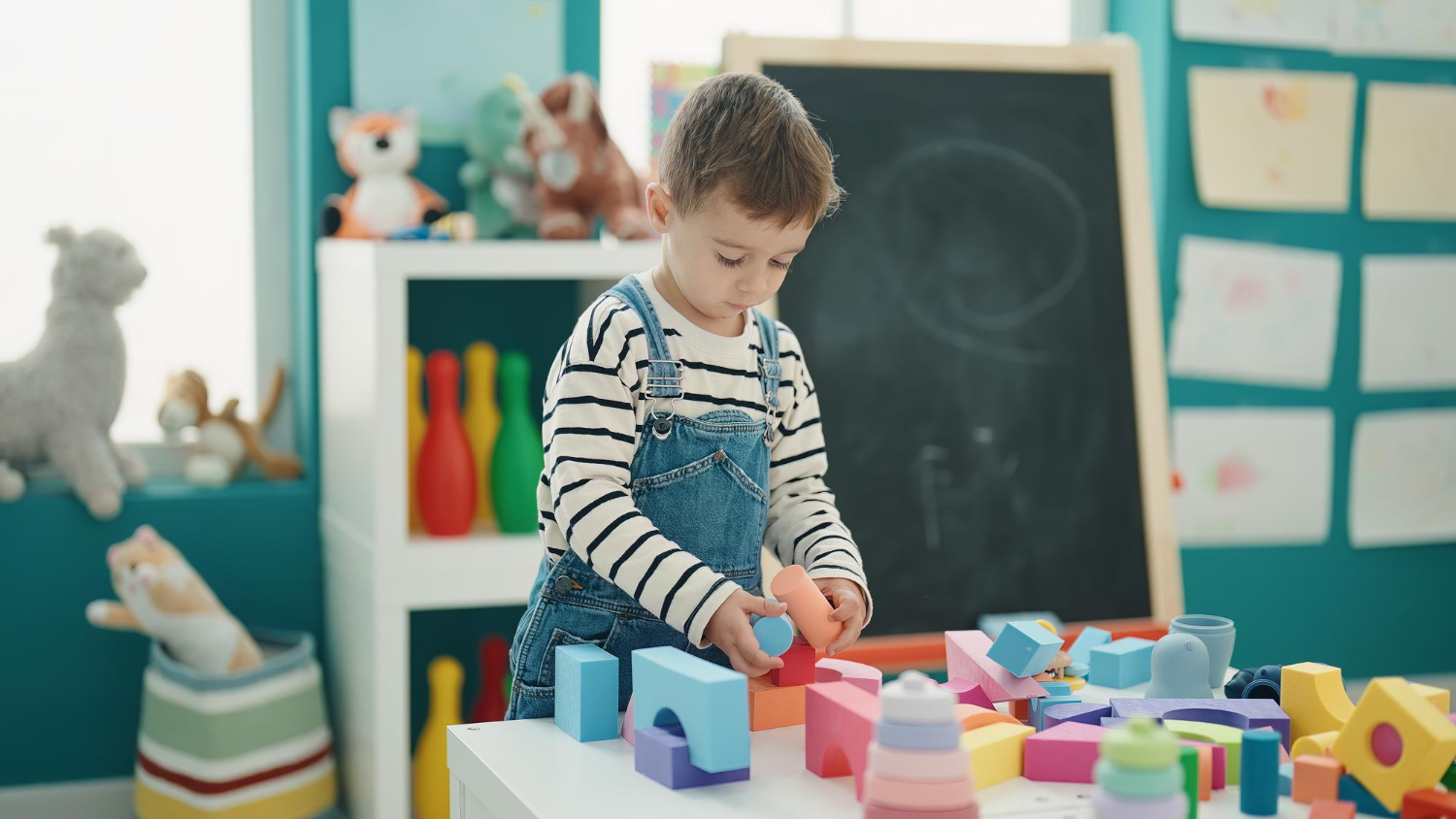

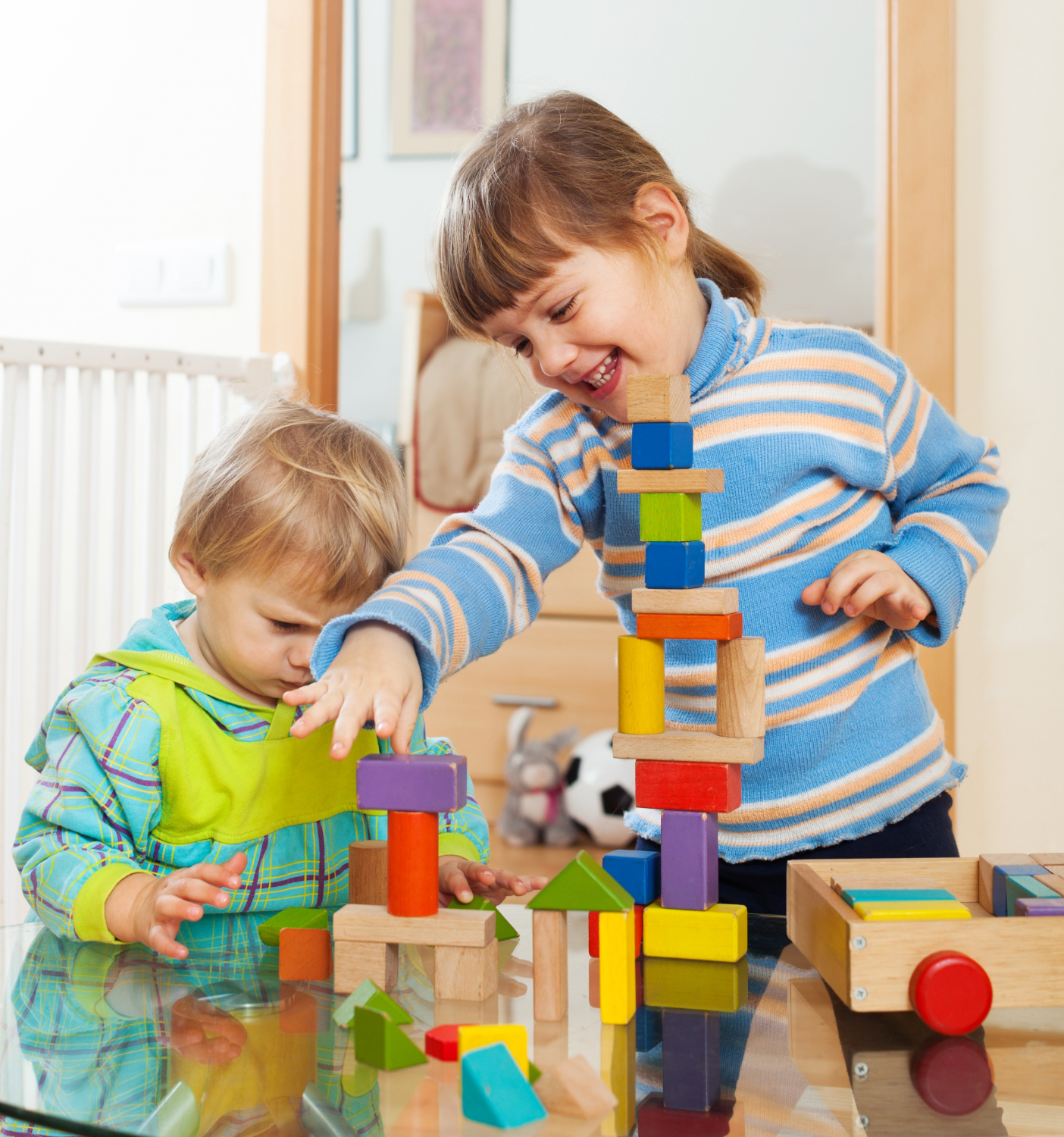

Dealing with Conflicts in Preschool-Aged Children
When preschoolers encounter conflicts with their peers or teachers, they often believe that their method is the only correct one. This can result in negative situations, but with the help of Authentic Childcare Center Educators, we can turn these moments into opportunities to teach problem-solving skills. To effectively handle conflicts among preschool-aged children, our educators use techniques such as describing the situation, asking for suggestions, waiting for possible solutions, and offering additional solutions if necessary. It is important to stay nearby to ensure that the conflict is resolved.
Our educators also encourage preschoolers to follow our facility’s rules and guidelines, which include no hitting or teasing others. We strive to treat everyone equally and fairly while respecting different opinions and unique temperaments. Our ultimate goal is to equip preschoolers with valuable problem-solving skills.
